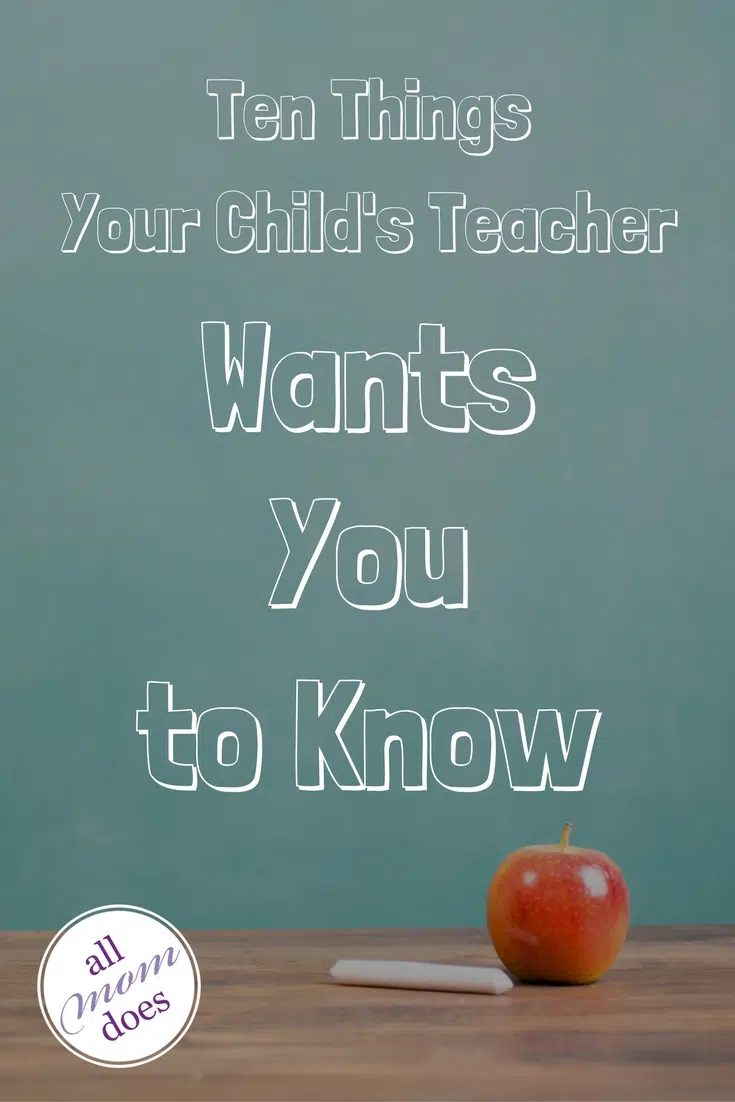Parent/Teacher relationships can be tricky. After all, you’re sending your precious children off for a large chunk of their days into the care of a virtual stranger (at least at the beginning of the year). It’s sometimes easy to fall into a combative relationship instead of creating the teamwork necessary for the success of your kids.
Here are some of the things teachers wish parents knew:
1) “Keeping all the parents happy is perhaps the hardest part of our job. Every parent has a different idea of how their child should be taught. Please give us a chance to do it our way before you complain or give us your thoughts on the matter. Remember how many kids and parents we have to deal with. If everyone asks for ten minutes of my time, my day would be over before it began. Make sure your request is important”
2) “But, do stay connected. Meet your child’s teacher, read the classroom Emails, etc. And, if you have a genuine concern or there are issues at home, we do want to stay informed so we can best support your children.”
3) “Don’t speak negatively about your child’s school or teacher in front of them. Your attitude will rub off on your child. Teachers spend countless hours trying to be the best they can be and harsh words from parents are more damaging than they know.”
4) “Remember that we are teachers, not surrogate parents. We shouldn’t have to teach your child basic manners or common courtesy, these are things that should be taught at home.”
5) “We can’t make your child learn. Please don’t just pass it off as our sole responsibility. What you do at home is vital: read together, reinforce discipline rules and have conversations (to teach sentence structure).”
6) “If parents constantly praise their child as being better than others, the child will end up either being very disappointed or feel entitled to special treatment. It’s more important to teach your child empathy and friendship rules before they ever enter the classroom.”
7) “If your child does get into trouble at school, do not jump to their defense immediately. While it is hard to hear anything negative about your child, it’s important to listen to what the teacher is telling you and support the discipline at home. By telling your child that the teacher is wrong, you are getting in the way of their growth and learning.”
8) “Resist the urge to enroll your child in every activity available. Kids need time to play and be kids. A lot of learning goes on during playtime. Also, limit screen time. Television and video games are huge time wasters.”
9) “Don’t blame the teacher for your child’s bad grades. Make sure you make your child accountable for doing their homework and handing in assignments. Kids need to understand that they have to work for a positive outcome, it doesn’t come freely.”
10) “Teachers never stop thinking about their students. We try our hardest to find the best ways to teach your kids. We truly want the best for every child in our classroom. That is much easier to accomplish when parents are on our sides.”


















